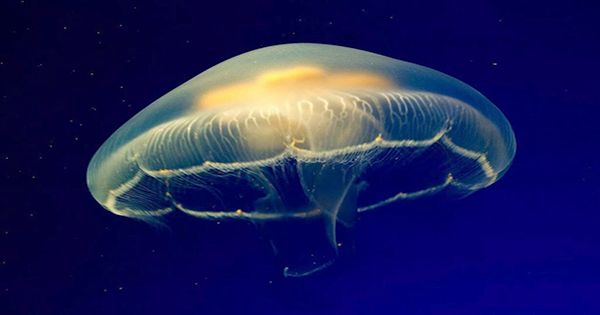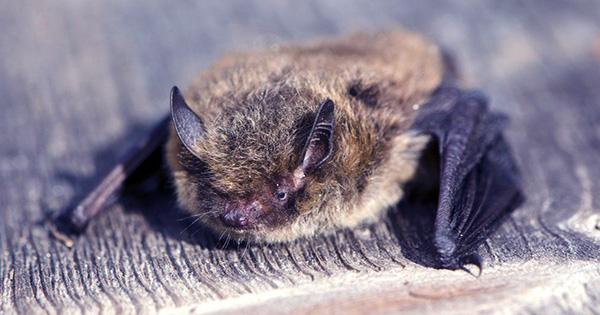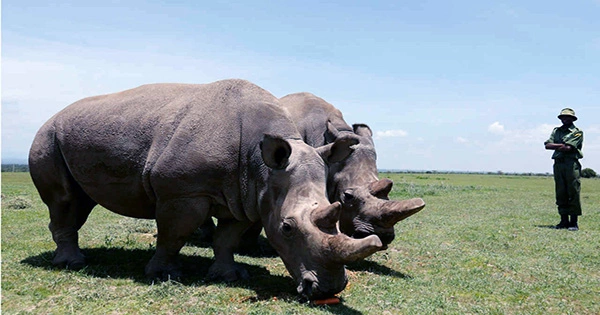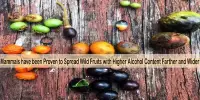A teenager in Australia has died after trapped by a box jellyfish, the first documented box jellyfish in Australia to die in 15 years. A hospital-year-old boy died in hospital on February 22, a week after he suffocated by jellyfish on a beach near Bamaga, north of Cape York, north of Queensland, ABC News reported. Box jellyfish is a term used to describe dozens of species found in tropical and winter seas around the world. Some species pose little risk to humans, while others produce catastrophically powerful toxins.
The juvenile thought to have killed by the Australian box jellyfish (Chironex fleckeri), often described as the deadliest jellyfish in the world. The species housed in a 3 m long (10 ft) tent covered by millions of nematocysts. During contact, the tents will initiate the explosive release of nematocysts, such as harpoons, which provide the victim with strong and fast-acting venom. It said that a sting is extremely painful and can kill a person in a matter of minutes. After the toxin enters the body, the toxin targets the heart muscle cells and makes holes in them. It interferes with the smooth contraction and relaxation of the heart muscles, effectively “locking” the heart in contraction.
Some box jellyfish can also have stinging Irukandji syndrome, a painful, potentially fatal condition that leads to severe headaches, muscle aches, chest pains, nausea and vomiting, sweating and anxiety. Although the deaths are relatively rare – local media say it was the first published box jellyfish death in Australia since 2006 – health experts warned that the death of the young man while swimming in northern Australian waters during the summer is a memorable reminder of extreme caution.
“If you don’t have a protective case and you know there may be stingers or jellyfish in the water, just don’t go there,” said Dr. 7 News. “It’s also important that people get acquainted with recovery methods – life has been saved after big stings of box jelly over the past few years.”
















